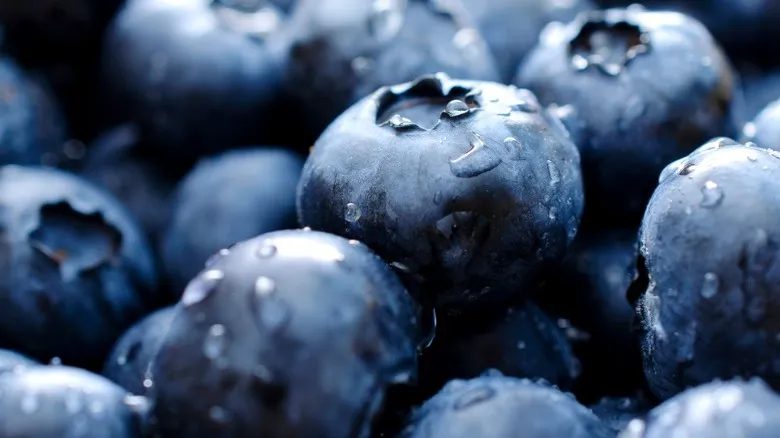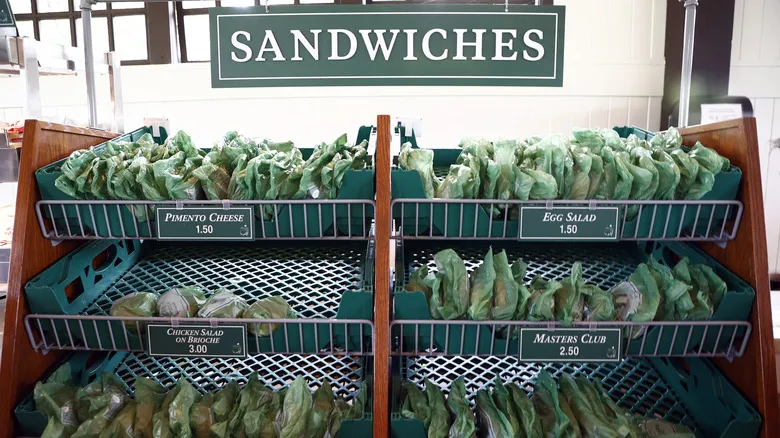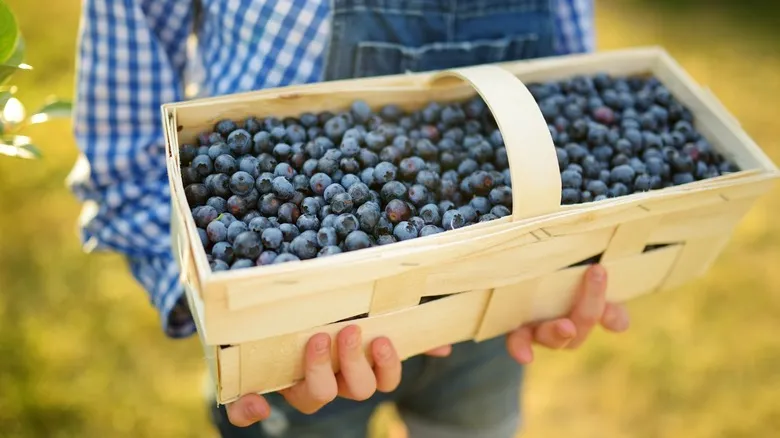Why Project Blueberry makes so much sense

Agriculture plays a vital role in Mississippi's economy, generating billions of dollars and providing hundreds of thousands of jobs annually. As the poorest state in the U.S. in 2024 (according to the World Population Review), it is crucial for residents to have access to fresh produce and employment opportunities. The demand for blueberries is so high that farmers struggle to keep up with it. Washington holds the title for producing the most blueberries of any state.
Blueberries are a significant component of Mississippi's agricultural landscape. They not only generate millions of dollars across thousands of acres of farmland but also contribute to the preservation of important native plant species. Wild blueberries are indigenous to the U.S., and Mississippi is home to the rabbiteye blueberry variety. These naturally blue fruits serve as an excellent state symbol. Thanks to the efforts of fourth-graders in Madison County, along with the influence of education and the blueberry, this fruit is finally receiving the recognition it deserves.
Recommended

The Historic Washington Restaurant That Serves Guests In FDR's Train Car

The Childhood Classic Dish Frank Sinatra Had For His Last Meal

How Georgia's Official State Sandwich Became A Staple Of Masters Golf Tournaments

How The Peter Piper Pizza Chain Restaurant Was Built On Games And Family Fun
Next up

